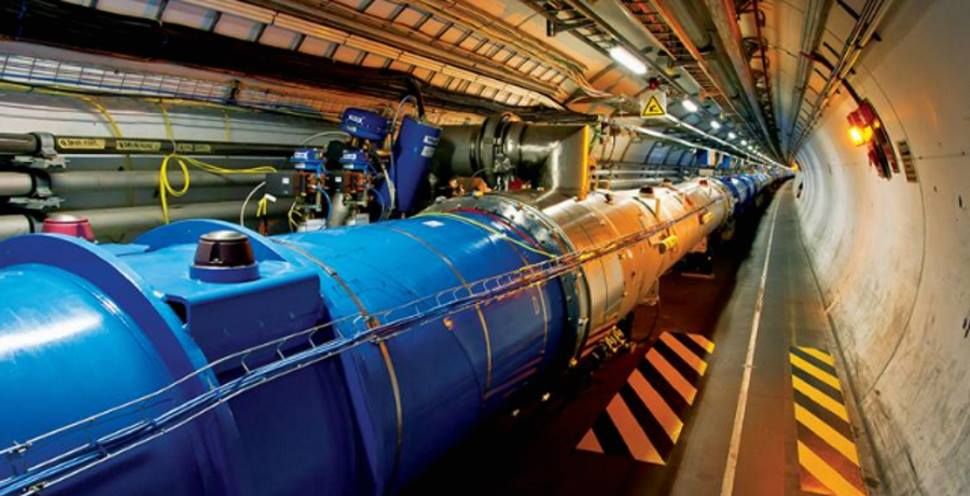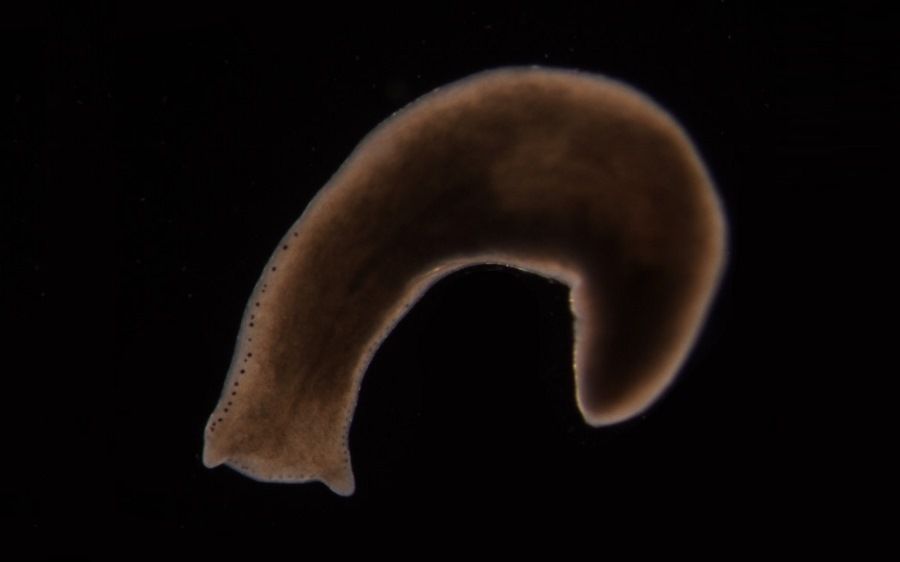The expansion of the Large Hadron Collider has begun
The expansion of the Large Hadron Collider has begun. After the upgrade, the LHC will be much more sensitive, which could lead to the development of entirely new theories. The expansion will also allow much larger amounts of data to be collected.
The European Organization for Nuclear Research (CERN) announced Friday that it has begun an upgrade of the Large Hadron Colliderow (LHC – Large Hadron Collider). The expansion will allow more specificolarly study the basic building blocks of matter.
The vast LHC complex is located on the French-Swiss border, near Geneva. The LHC gas pedal is the largest machine in the world. It collides particles accelerated to extreme velocities (close to the speed of light) (the mainownie protons) to release rownie extreme energy levels, in an effort to reveal the intangibles of ktohe Universe is built on.
HeadoThe LHC’s core components are located in a 27-kilometer-long torus-shaped tunnel buried deep underground. Currently, the gas pedal is capable of about one billion collisions per second. The expansion will increase this result by up to tenfold. The work is expected to be completed in 2026, and is associated with the need to completely shut down the LHC, which is likely to happen in 2023-2024.
As part of the expansion, whichora will cost about 720 millionoin the poundow, 130 new magnets will be installedow, so that a beam of protonow was more condensed. It is expected to increase the number of particle collisions, thus increasing the chances of new discoveries. New buildings, access shafts and service tunnels will also be built.
The upgrade, which has just begun, is expected to helpoc increase the potential for new discoveries in physics. The upgrade will make the collider much more sensitive to subtle anomalies in the laws of physics, and physicists hope these anomalies will open the door to entirely new theories of the universe.
The project is called HL-LHC (High-Luminosity LHC). – The expansion will allow us to go much deeper into the history of the Universe, look at very rare processes and study particle physics in much greater detailolows than the ordinary LHC allows – Professor John Ellis said.
– If the LHC has so far given us a candle to illuminate what was previously invisible, the HL-LHC will let us shine the spotlight – admitted Tara Shears of Liverpool University .
The need to expand the gas pedal was reported by scientists of theoin already for some time. Work on the new gas pedal is dictated by new experience, whichorych cannot simply be carried out at the LHC. Plans for the expansion were discussed last year at a meeting of physicistsow from around the world in Berlin.
The LHC is of great importance for scientistsow. It was in it that the existence of the Higgs boson was confirmed in 2012. But the discovery „divine particle”, as the Higgs boson is often referred to, has provided more questions than answers. Scientists believe the new gas pedal can helpoc to answer them and provide the necessary infrastructure to make further discoveries. Thanks to it, it may be possible to see the hidden particles. This, in turn, can helpoc researchers to understand the laws of nature more deeply.



